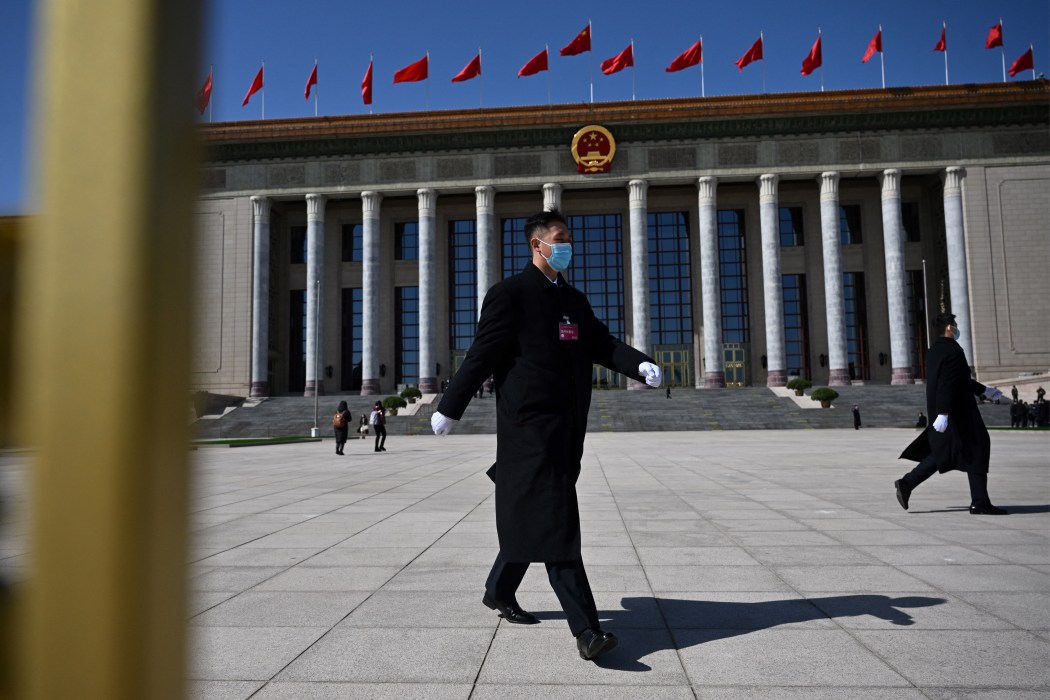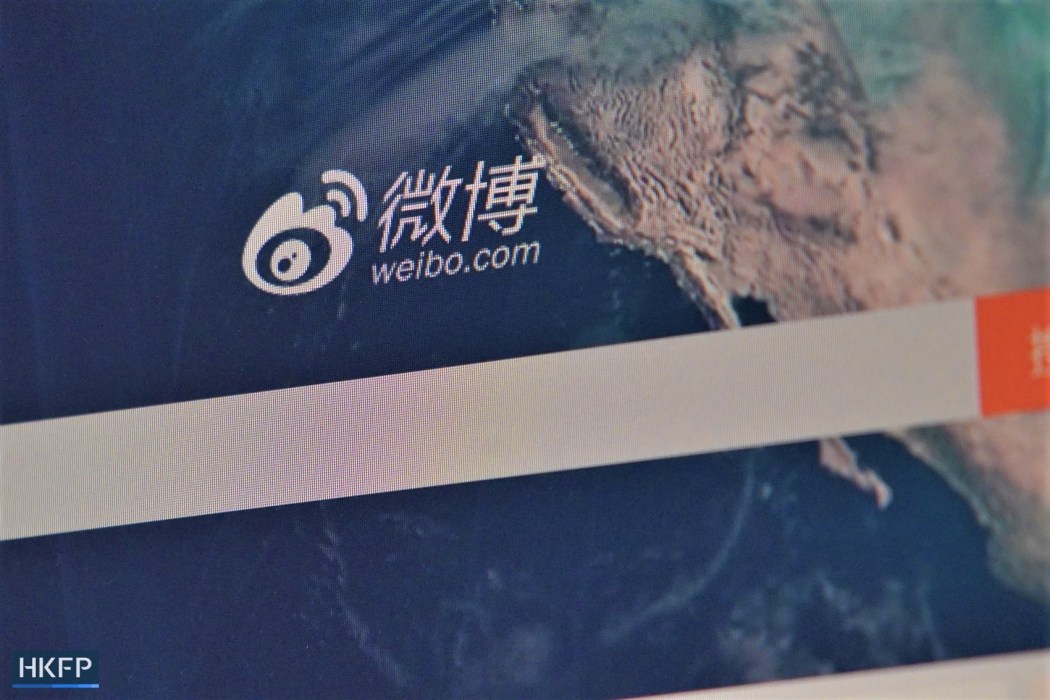China has intensified efforts to block software that enables internet users to access banned websites during a top political meeting this week, a leading provider of firewall-leaping software told AFP.

Beijing operates some of the world’s most extensive censorship over the internet, with web users in mainland China unable to access everything from Google to news websites without using a virtual private network (VPN).
And as thousands of delegates gather in Beijing this week for the annual “Two Sessions” meeting, VPN software has increasingly struggled to circumvent the censorship while outages have become much more frequent, even when compared to during previous sensitive political events.
“Currently, there is increased censorship due to political meetings in China,” a representative of the Liechtenstein-based service Astrill — one of the most popular VPN services for foreigners in China — confirmed to AFP.
“Unfortunately, not all VPN protocols are functioning at this time,” they said.
“We are working intensively on bringing all services back to normal, but currently have no ETA.”
The use of a VPN without government authorisation is illegal in China, as is using the software to access blocked websites.

State media workers and diplomats, however, are allowed to access prohibited websites such as X, formerly Twitter.
Security has tightened across Beijing throughout the Two Sessions, with security officers patrolling streets with sniffer dogs and elderly volunteers in red armbands monitoring pedestrians for suspicious behaviour.
Chinese social media giant Weibo has also been quick to block sensitive topics.
All hashtags discussing Beijing’s decision to call off a traditional press conference by the country’s premier were quickly removed from search results.
And another, a reference to China’s economic woes declaring “middle class children have no future” was also removed.
China’s domestic media is state-controlled and widespread censorship of social media is often used to suppress negative stories or critical coverage.
Regulators have previously urged investors to avoid reading foreign news reports about China.
In a speech last year, President Xi Jinping said the ruling Communist Party’s control of the internet had been “strengthened”, and that it was crucial that the state “govern cyberspace”.
Dateline:
Beijing, China
Type of Story: News Service
Produced externally by an organization we trust to adhere to high journalistic standards.
Support HKFP | Policies & Ethics | Error/typo? | Contact Us | Newsletter | Transparency & Annual Report | Apps
Help safeguard press freedom & keep HKFP free for all readers by supporting our team

LATEST FROM HKFP
HKFP has an impartial stance, transparent funding, and balanced coverage guided by an Ethics Code and Corrections Policy.
Support press freedom & help us surpass 1,000 monthly Patrons: 100% independent, governed by an ethics code & not-for-profit.










